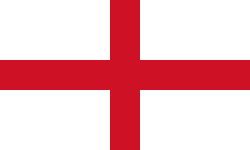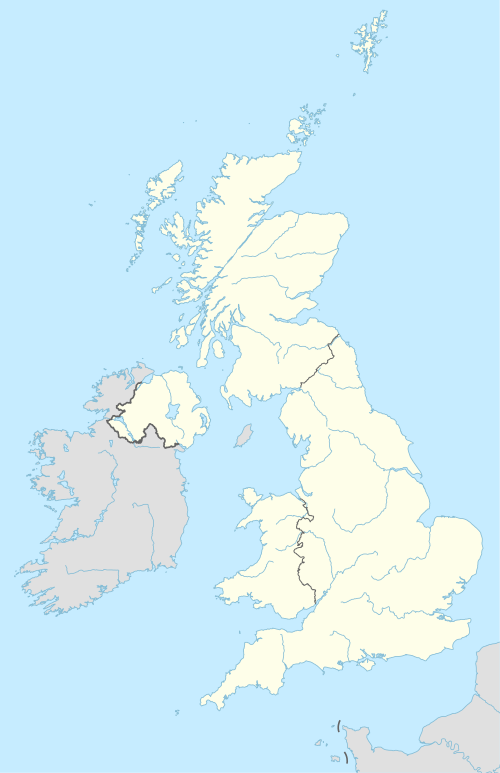 | ||||||||||||||||||||||||||
| Association | England Kabaddi Association | |||||||||||||||||||||||||
|---|---|---|---|---|---|---|---|---|---|---|---|---|---|---|---|---|---|---|---|---|---|---|---|---|---|---|
| Confederation | World Kabaddi | |||||||||||||||||||||||||
| Head Coach | Mathew Saju | |||||||||||||||||||||||||
| Captain | Hardeep "Harry" Singh | |||||||||||||||||||||||||
| World Cup | ||||||||||||||||||||||||||
| 1 (first in 2004 ) | ||||||||||||||||||||||||||
| Group stage (2016) | ||||||||||||||||||||||||||
| Kabaddi World Cup | ||||||||||||||||||||||||||
| 1 (first in 2025 ) | ||||||||||||||||||||||||||
| European Championship | ||||||||||||||||||||||||||
| 2 (first in 2021) | ||||||||||||||||||||||||||
| 2nd (2023) | ||||||||||||||||||||||||||
Medal record
| ||||||||||||||||||||||||||


The England national kabbadi team was established in 2004 and represents England in international standard style kabaddi competitions. The team was previously affiliated with the International Kabaddi Federation, but is now affiliated with World Kabaddi. [1] In the inaugural 2004 Kabaddi World Cup, the team reached the quarter-finals where they lost to Canada. [2] [3] They were silver medallists at the 2025 Kabaddi World Cup hosted in England, losing to India in the final.

